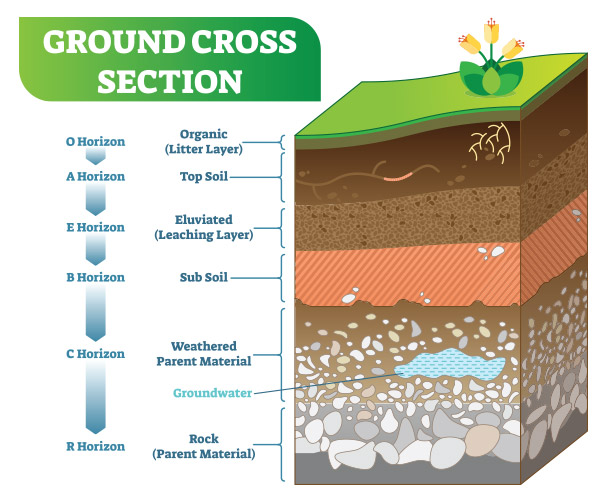Get a quote for a soil test today!
Soil testing is a crucial component when building a new house and is often performed well before construction or design even begins. A soil test in Batchelor will confirm the composition of the soil and can influence both the design of the house and the cost of construction.
As Batchelor has a wide range of different land types, the soil will be very different from suburb to suburb, so it’s important to get the soil tested by a professional. Get a quote for other locations in Northern Territory
How much for soil testing?
As every site is different and customer requirements vary, it’s hard to list a price on the website. In order to get a quote based on your situation simply fill out the quote form and we will get you a price asap.


